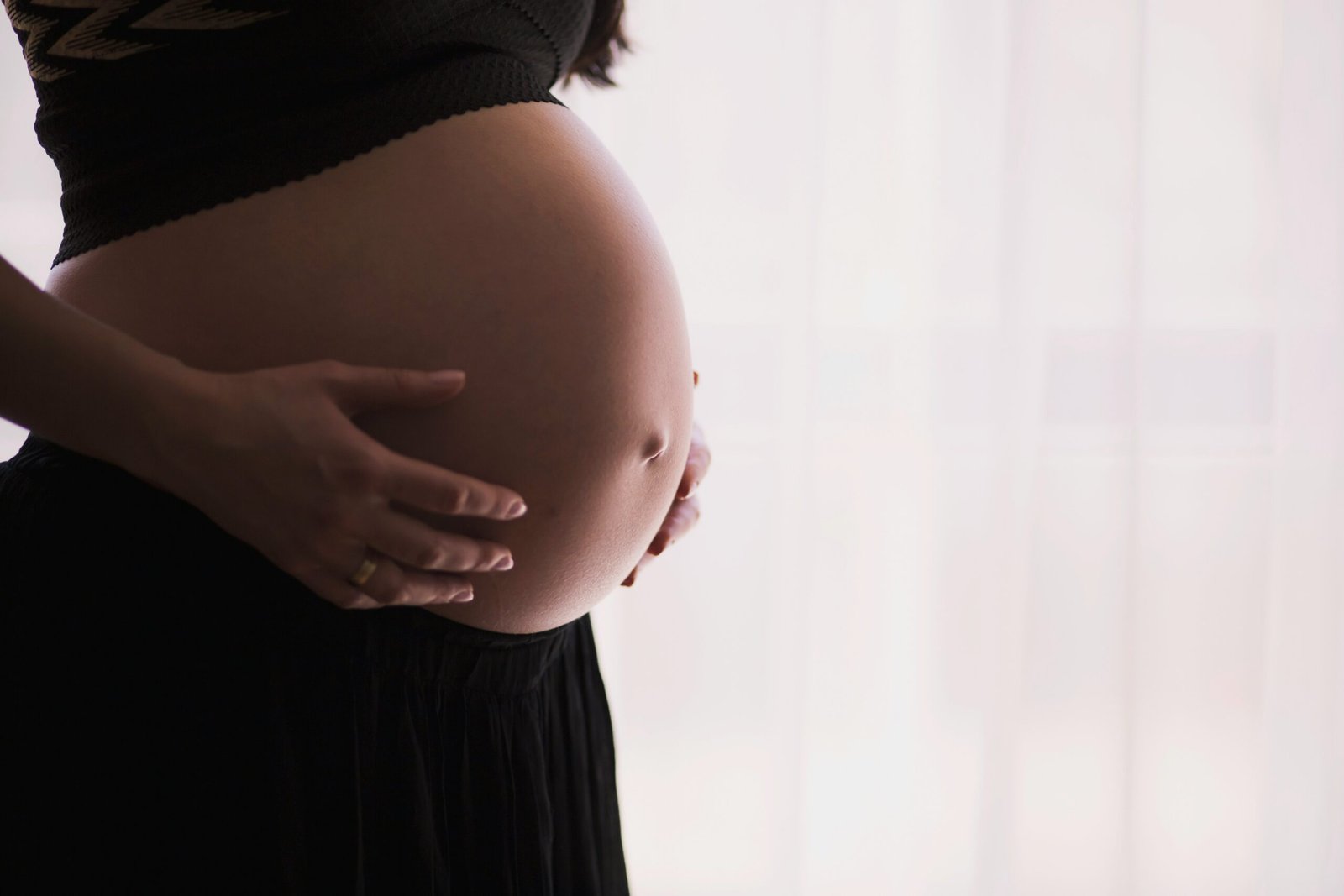
Early Pregnancy Signs and Symptoms
If you’re noticing changes in your body and wondering if you might be pregnant—or if you’re waiting for that positive test and looking for early signs—there are a few things you can keep an eye out for. These signs can vary from person to person and don’t always mean you’re pregnant. Here are some common early symptoms and what they might indicate, to help you understand what’s going on and decide if it’s time to reach out to a healthcare provider.
- Missed Period: One of the first signs that you might be pregnant is a missed period. When you conceive, your body doesn’t shed the uterine lining like it normally would during a menstrual cycle. While stress or hormonal changes can also cause irregular periods, a missed period combined with other symptoms might suggest pregnancy.
- Nausea and Morning Sickness: Nausea and vomiting, often called morning sickness, usually start a few weeks after conception and can happen at any time of day. This is caused by the hormone human chorionic gonadotropin (hCG) after the fertilized egg attaches to your uterine lining. While it can be uncomfortable, it’s a common part of early pregnancy.
- Breast Changes: Tender, swollen breasts are a common early sign of pregnancy. As your body prepares for breastfeeding, you might notice that your breasts feel sore, more sensitive, and a bit larger. The area around your nipples might darken, and veins may become more visible.
- Fatigue: Feeling more tired than usual might be an early sign of pregnancy. Your body is working hard to support your growing baby, so be sure to get plenty of rest.
- Frequent Urination: As your uterus expands, it presses on your bladder, so you might find yourself heading to the bathroom more often. This is quite normal, especially in the first and third trimesters.
- Food Cravings or Aversions: Pregnancy hormones can make you crave new foods or suddenly dislike ones you used to enjoy. These changes are different for everyone and can even affect your sense of taste and smell.
- Mood Swings: Early in pregnancy, you might experience mood swings that make you feel more emotional, irritable, or tearful. This is completely normal and usually settles down as your pregnancy progresses.
- Heightened Sense of Smell: During pregnancy, many people experience a heightened sense of smell, making certain odors seem much stronger or unpleasant. This is a normal part of pregnancy and usually improves over time.
- Bloating and Constipation: Pregnancy can slow down your digestion, leading to bloating, gas, and constipation. To help ease these symptoms, try drinking plenty of water, eating fiber-rich foods, and getting some light exercise.
- Implantation Bleeding or Spotting: Implantation bleeding or spotting occurs when the fertilized egg attaches to the uterine lining, usually around the time your period is due. This bleeding is usually lighter and shorter than a regular period and might be accompanied by mild cramping.